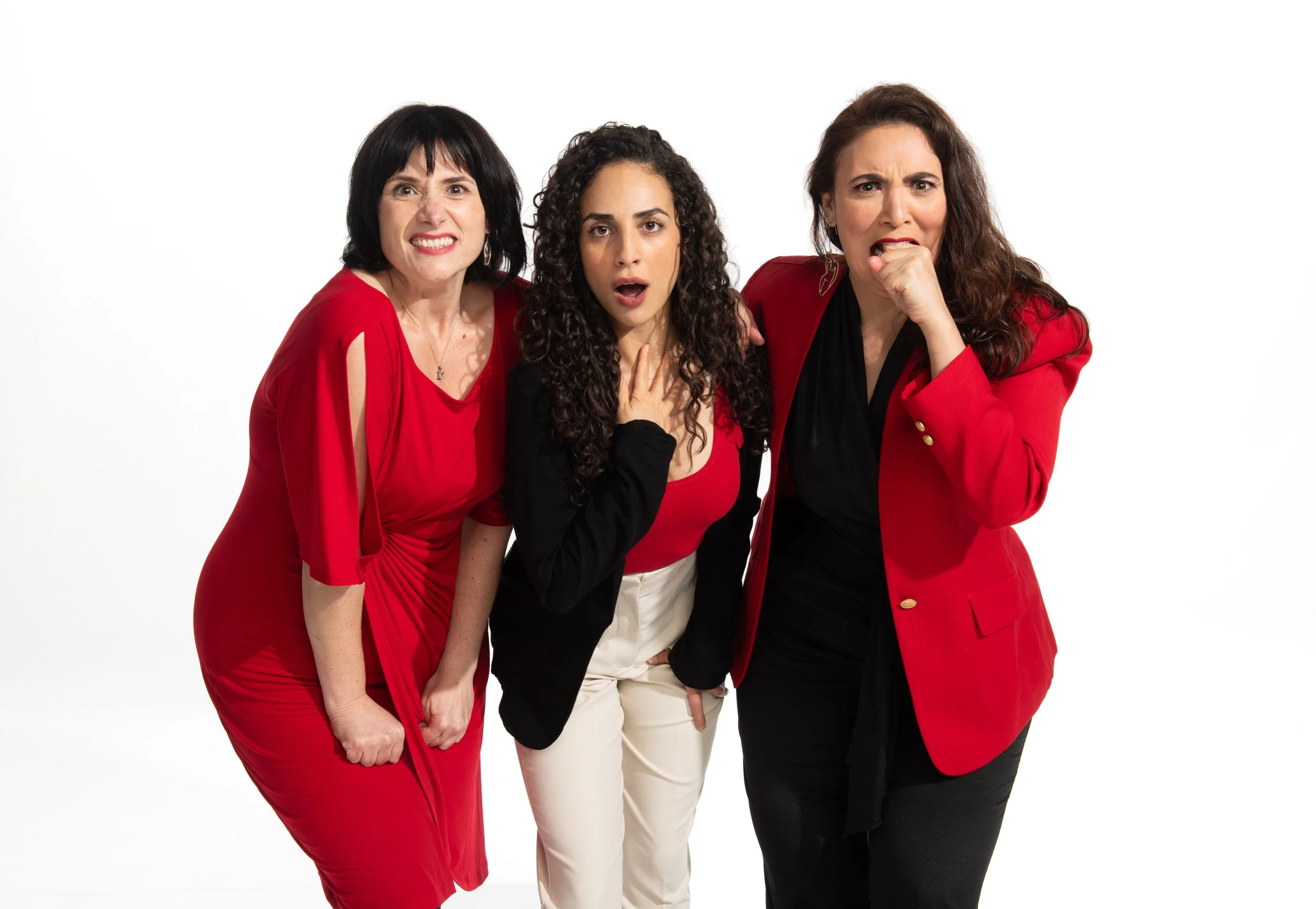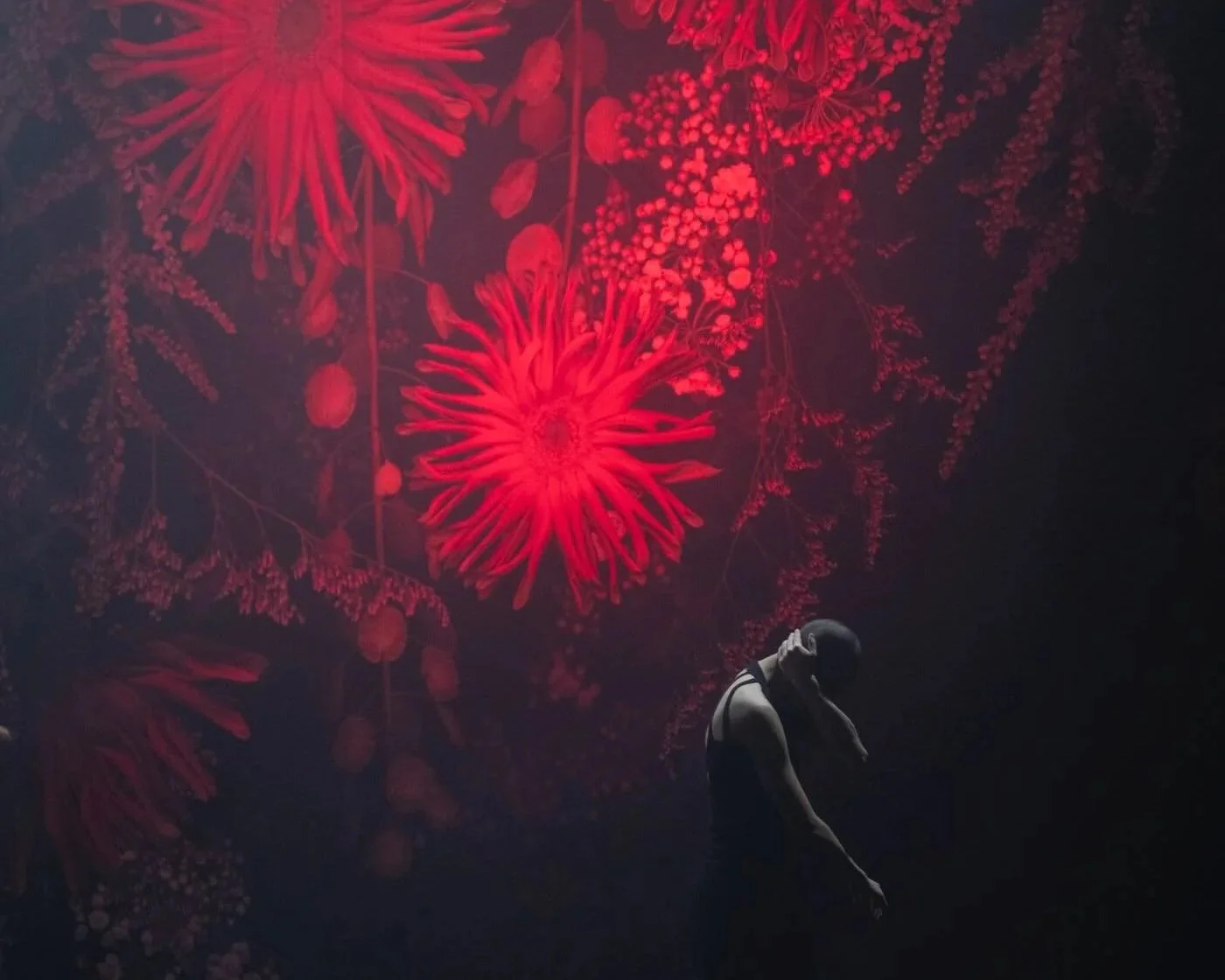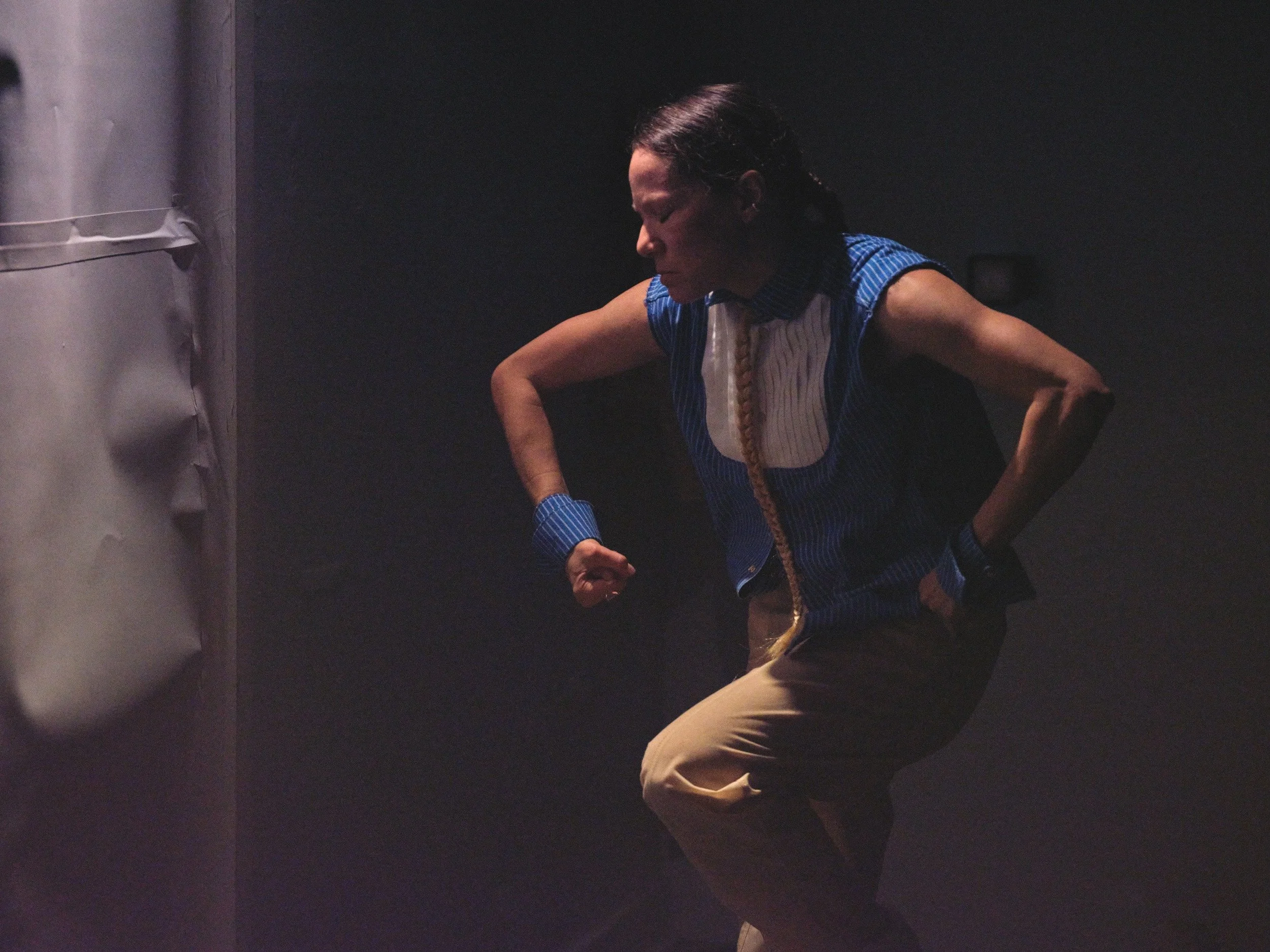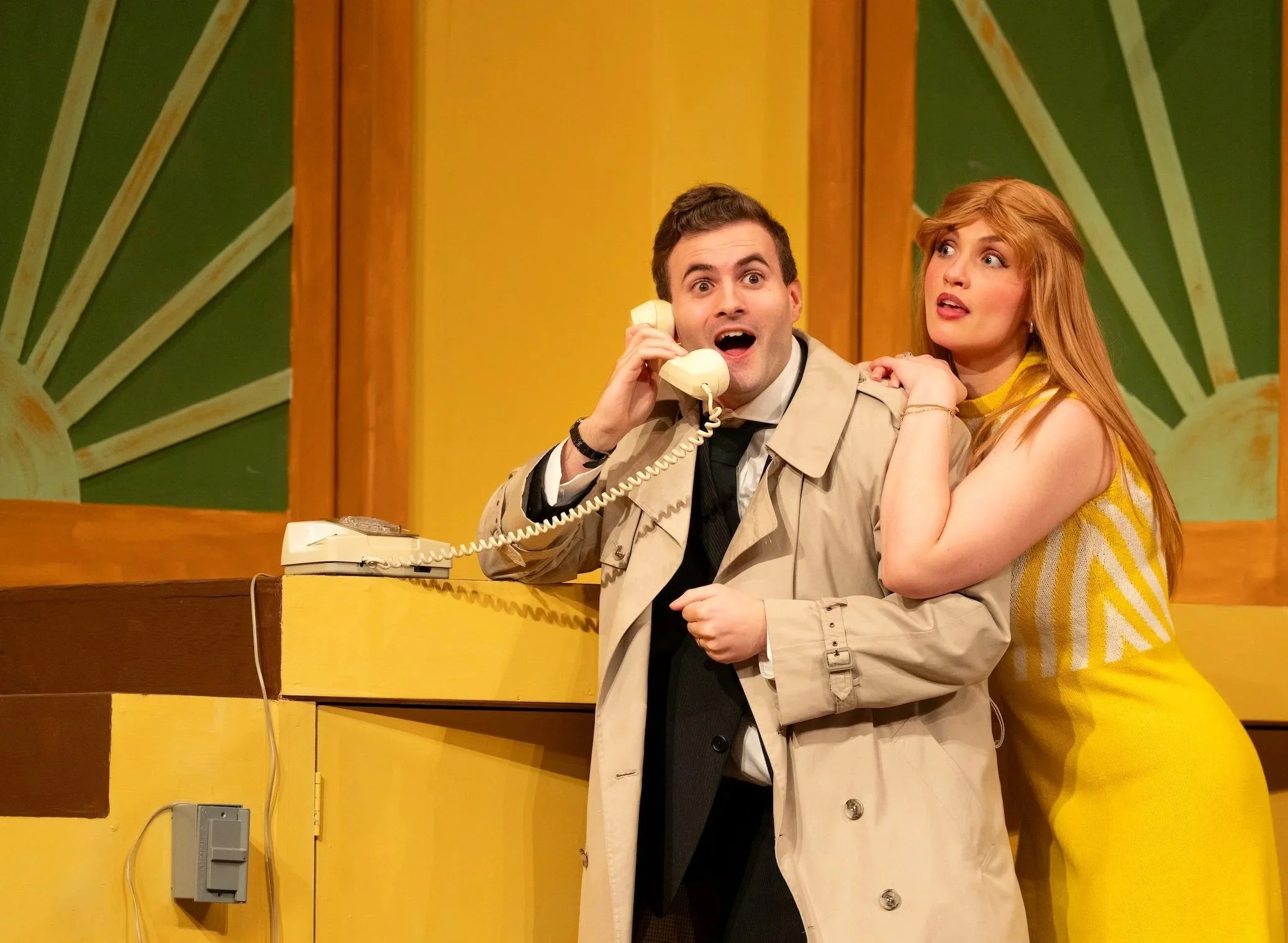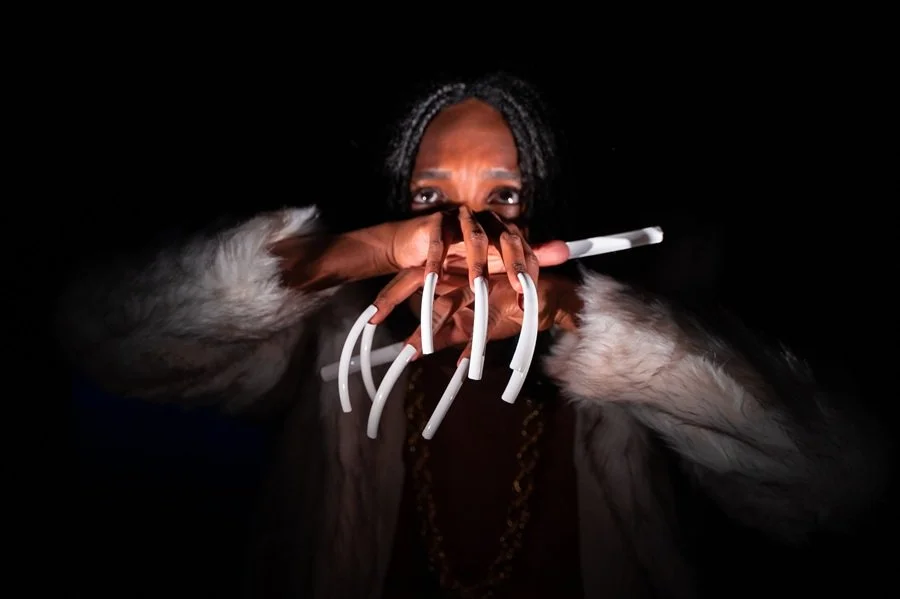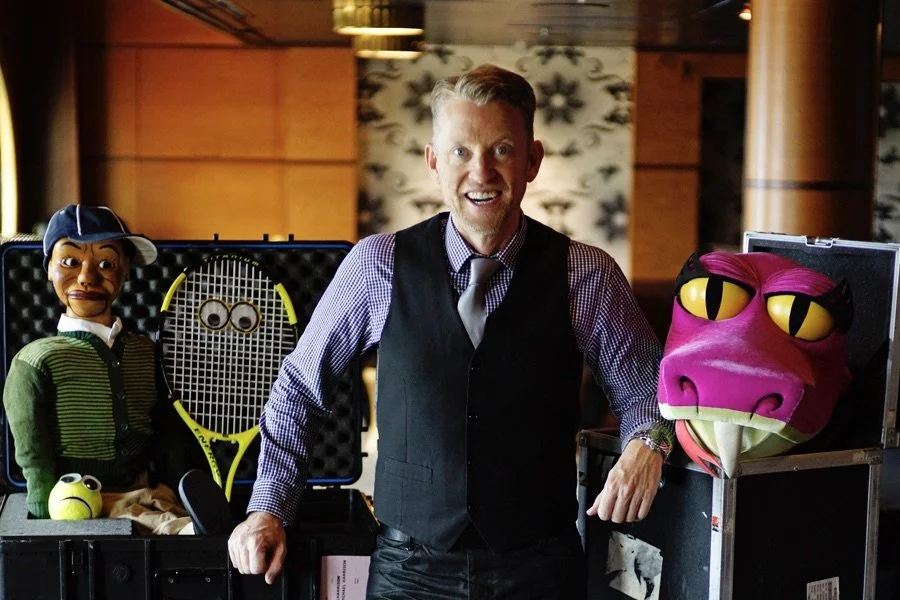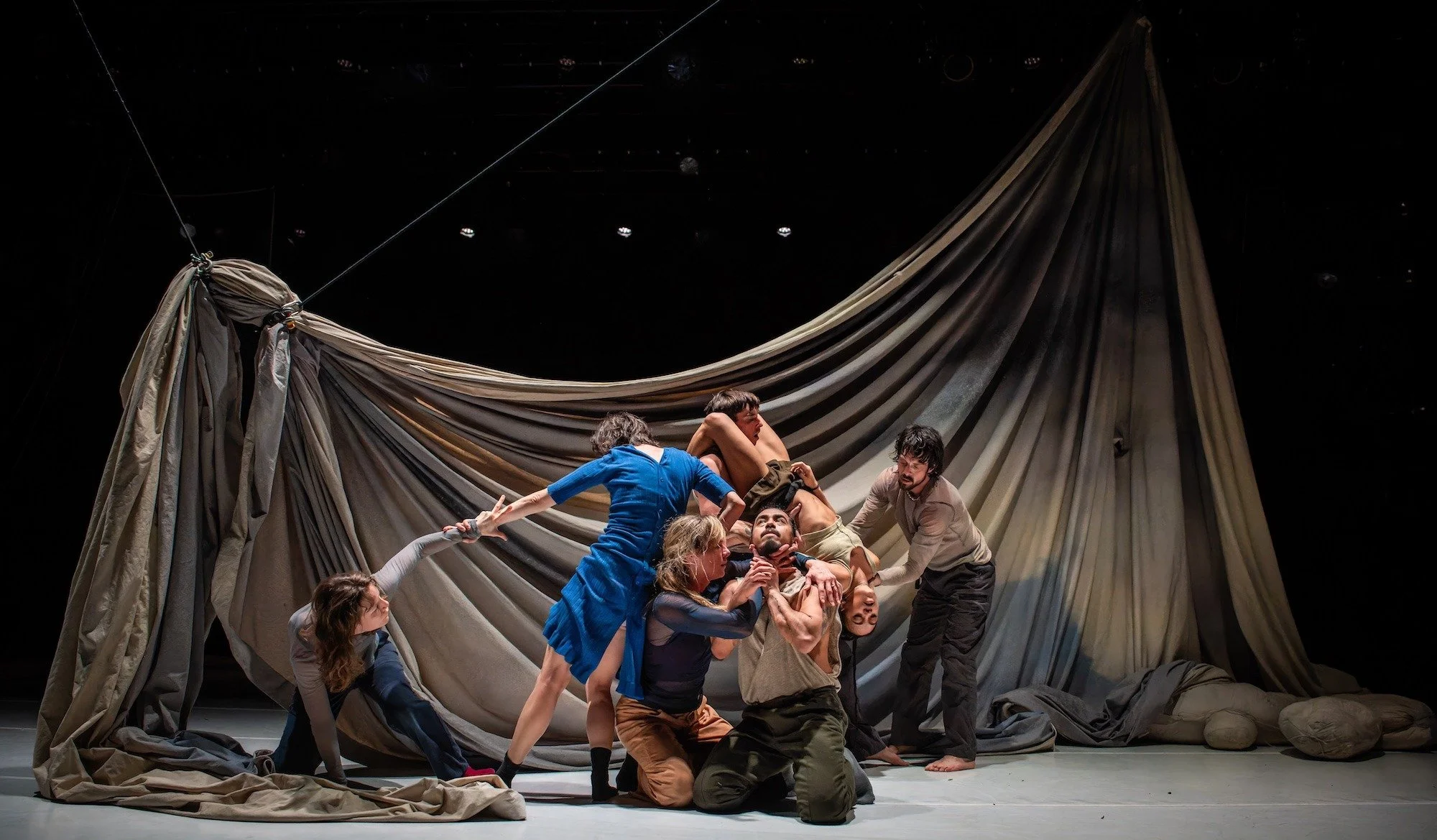Beautiful Man takes aim at the patriarchy through brutally funny satire
Vancouver director Keltie Forsyth can relate to playwright Erin Shields’s rage
Beautiful Man’s Tracy Jennissen, Parmiss Sehat, and Melissa Oei. Photo by Emily Cooper
The Cultch presents Pi Theatre’s Beautiful Man by Erin Shields from February 24 to March 5 at the Historic Theatre as part of the Femme Festival.
LOCAL THEATRE DIRECTOR Keltie Forsyth recalls the gut-busting laughter that came when she first read the script for playwright Erin Shields’s Beautiful Man, a searing satire of gender roles in pop culture. Then she found herself relating to its underlying ire.
“Just sitting in my living room reading it made me laugh out loud,” Forsyth says in a phone interview with Stir. “The exciting thing about this text is it read to me like it came as a primal scream of rage that Erin Shields was feeling about the patriarchy…and the way women are portrayed in the media. That scream of rage—I could really associate with that, and the fact that it was translated and honed into this sharp, sharp satire and comedy was really appealing to me.
“I could both understand and sympathize with the rage,” she says. “And I was also just in awe of how she turned it into this incredibly funny writing.”
Forsyth directs Beautiful Man for Pi Theatre at the fifth annual Femme Festival at the Cultch. The fest uses an inclusive definition of femme and highlights voices and experiences of all self-identifying female, trans, and non-binary people.
Shields first workshopped the script in 2015 then wrote its extended current version. Although it came about before the rise of the #MeToo movement, the play is just as relevant today, imagining a world where men are routinely objectified and exploited by women. Three characters dissect TV shows and Hollywood blockbusters, the cast churning out example after example of how women are viewed and treated as objects and subjected to violence. There are even nods to a Harvey Weinstein-type director pressuring men in hotel rooms. “But she’s just such a good director!” one of the characters gushes as if to excuse the abhorrent behaviour.
“The play doesn’t seek to directly talk about men and women’s relationships as they are but to men and women’s relationships as they are portrayed in media,” Forsyth says. “It’s specifically pointed at specific tropes in the media. The familiar trope is locked and flipped on its head in this text. When you come see the show, you will know exactly which pieces of media are being called out and poked at, even though we never say their name.
“The #MeToo movement was an explosion of honesty, of anger and frustration, and there was a little bit of consequence for some perpetrators, but it’s not like the entire media landscape has been turned on its head,” she adds. “The work of dismantling the patriarchy is a long way from over if what’s going on in the news today is any indication. This is a play that is very intentionally aiming its sight at systemic misogyny and toxic masculinity and patriarchy. It is really focused on that systemic piece. And it does it with humour.”
Humour is a galvanizing force, says Forsyth, who earned her master’s of fine arts in theatre directing from UBC and is a graduate of the University of Alberta department of drama. She has directed for United Players of Vancouver, Ensemble Theatre, UBC, Little Thief Theatre, and more, and was associate artistic director for Pi Theatre during the 2016-17 season. Having grown up in Edmonton in a theatre family, she’s often drawn to material that makes people laugh.
“Humour is inherently disarming,” Forsyth says. “It allows her [Shields] to push into extremes that otherwise would be unpalatable. You can embrace those extremes. And it’s more fun to watch than a very serious drama about the patriarchy. I love many dramas; they’re a wonderful form, but humour brings joy.
“Every time I approach a play, I want to approach it first with a sense of joy—otherwise why are we doing what we’re doing? Joy is such a key. There is a lot of joy in this play, even though it is a sharp social critique. I am drawn to scripts where there is at least some laughter, even if the context is serious. It makes the work more buoyant. I like that buoyancy. There’s joy in a bit of revenge fantasy; there’s joy in poking fun at ourselves and in finding some empathy, too.”
Finding empathy, in fact, is what drives the director, who has a three-year-old and a two-month-old.
“Theatre and storytelling and many forms of art, particularly those that gather us…is really important because it breeds empathy,” Forsyth says. “The act of participating in storytelling, een if it’s swatching a stupid rom-com and cryint at the end because the couple gets together, is a way of exercising your empathy. You are putting yourself in the position of another person. You’re going through their emotional journey. That work of exercising empathy builds social cohesion. What is required to live in society together is to put yourself in the shoes of another person. Storytelling, art-making, and theatre in particular brings us together to collectively empathize with each other.”
For more information, see https://thecultch.com/ or https://www.pitheatre.com/.


